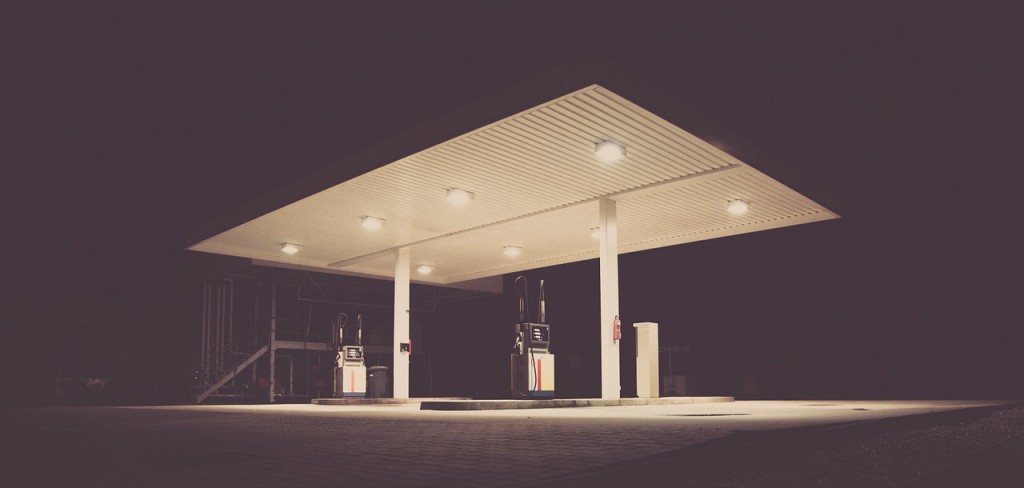
If your business requires you to store fuel in any quantity, you need to make sure you’re doing so safely. Petrol and diesel can be dangerous substances if not stored properly, but you can minimise the risks by ensuring your storage systems and fuel tanks are up to scratch and properly maintained. Here’s a guide to storing fuel for your business safely.
First Things First
If you have an oil tank of any kind on your business premises, it’s really important to check the state and level of those tanks. The absolute last thing you want to happen is to run out of oil and have to shut down your business while you fix the problem. So if you’ve got an old tank that could leak, it might be worth investing in a new one from a company like commercialfuelsolutions.co.uk – it will last for many years and you’ll know there’s no danger of a leak. Alternatively, if you have a newer tank, they also sell remote level meters with an alert system – so you’ll always know when you’re running low.
The Law
Other than properly installed and maintained outdoor tanks as mentioned, storage of fuel at home or the workplace (unless specifically licensed) is restricted by law to either metal containers with a maximum capacity of 10 litres or approved plastic containers with a maximum of 5 litres capacity. These containers should be designed for the purpose and must be fitted with a screw cap or closure to prevent leakage of liquid or vapour. Petrol and diesel fuel should be stored in no more than two 10 litre metal containers or two 5 litre plastic containers, and they should be clearly labeled as to their contents – accidents can happen when, for instance, cooking oil drums have been used to store petrol. Petrol filling stations operate under license conditions, which do not allow drivers to dispense fuel into other types of container.
Safety Precautions
Petroleum vapour can cause irritation of the eyes, nose and throat, and exposure to high concentrations – particularly in confined spaces – can cause dizziness and unconsciousness. Most importantly, do not swallow petrol or diesel or attempt to use the mouth to siphon it, under any circumstances. This can result in it entering the lungs or stomach, which can be fatal. You should also never decant petrol or diesel in an enclosed space, as fumes can fill that space very quickly. A spark or naked flame can then cause ignition – and an explosion and fireball. Just turning a light switch on in a closed garage filled with petrol fumes can be enough to cause disaster. Be careful and properly store your fuel though, and you can avoid accidents.

